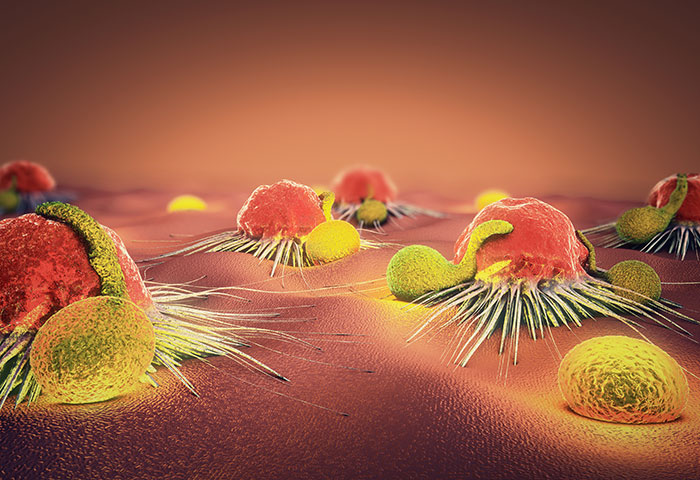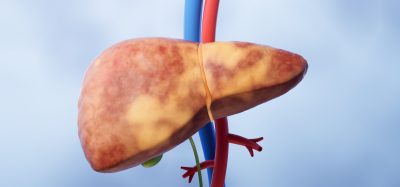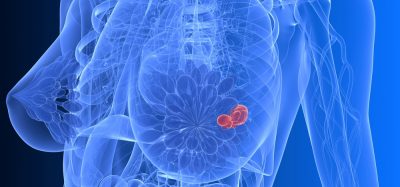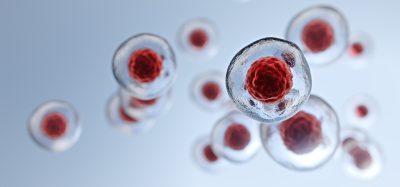Improved screening of therapeutic candidates using integrated fragment-based approaches
Posted: 12 September 2018 | NanoTemper Technologies | No comments yet
An integrated fragment-based approach, which reveals enzymatic inhibitors with potential therapeutic application, is the subject of this webinar.Taking place on 25 October 2018 at 3:00pm, the webinar is supported by NanoTemper Technologies.


Keynote speakers – Dr Antonio Macchiarulo and Dr Alice Coletti from the Department of Pharmaceutical Sciences, University of Perugia, Italy – will provide an overview of IDO1 structure and functions, the rise and fall of current IDO1 inhibitors in immune-oncology and the quest for next-generation ligands of IDO1.
They will present the results of integrated fragment-based approaches that have led to the discovery of the first ligands of IDO1 able to modulate non-catalytic signalling functions of the enzyme. Dr Antonio Macchiarulo and Dr Alice Coletti will focus on MicroScale Thermophoresis (MST) as the cornerstone methodology of their discovery pipeline and will conclude with an outlook on the impact of fragment-based approaches to drug discovery in the post-genomic era.
Indoleamine 2,3 dioxygenase 1 (IDO1) is a heme-containing enzyme that catalyses the conversion of L-Tryptophan (Trp) into a series of bioactive metabolites along the kynurenine pathway, eventually leading to immunoregulatory effects. These effects include induction of regulatory T-cell differentiation and activation, suppression of T-cell immune responses and inhibition of dendritic cell function.
IDO1 is widely recognised as a valuable drug target for the development of immunotherapeutic small molecules in oncology. Although numerous chemical classes of potent IDO1 inhibitors have been discovered, few compounds have progressed in clinical trials. The most advanced drug candidate, Epacadostat, unfortunately failed in phase III clinical trials in metastatic melanoma patients.
These disappointing results highlight the complexity of targeting IDO1 for drug discovery and suggest a still elusive knowledge on its biological functions. Accordingly, next-generation ligands are sought with the aim of investigating hidden and relevant aspects of IDO1 biology.
Related topics
Drug Discovery, Drug Discovery Processes, Immuno-oncology, Ligands, Stem Cells, T cells, Therapeutics
Related organisations
NanoTemper Technologies
Related people
Dr Alice Coletti, Dr Antonio Macchiarulo








